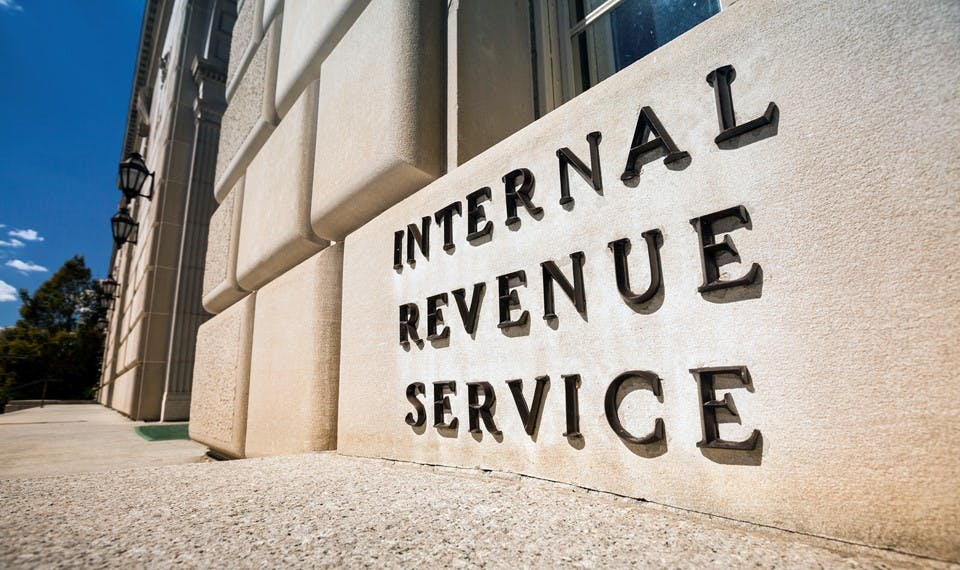A story out of Oregon last week opened a lot of eyes around the cannabis industry. The Oregonian reported that the state-issued cannabis license owned by Portland’s Cannacea dispensary was not actually issued by the state.
The letter, apparently, was faked by a contractor for Green Rush Consulting, the Oakland, Calif.- based firm that Cannacea owner Tisha Siler hired to help her work through the state’s licensing process.
Green Rush officials, in response to the article, told Leafly they had been duped by both the consultant, David Jacobs, and by Cannacea itself. Sarah Ceti, Green Rush’s chief operating officer, said Jacobs did work for Green Rush during 2014, but was fired after a short time with the firm.
Leafly was unable to reach officials at Cannacea. The dispensary’s website domain has been cancelled, and their phone number has been disconnected.
“This is a lesson for the whole industry,” said Ceti. What happened with Cannacea “was a result of the lack of regulatory compliance in our system,” she added. “Had the appropriate systems been put into place, the message of due diligence would also have been in place.”
The importance of due diligence, according to Ceti, is the lesson Green Rush Consulting and the rest of the cannabis industry can take from the episode.
“We shouldn’t have to question whether or not a document we received from the state, or that was perceived [to be] from the state, is actually real,” Ceti said. But company officials do have to double-check things like that. The cannabis industry is “very vulnerable” to this sort of fraud, she added. “Due diligence with your partners, with your contractors, with everyone—we can’t say that enough.”
What exactly does due diligence look like?
The best answer we found came from attorney Robert McVay, a partner in the Canna Law Group boutique within the Seattle firm Harris Moure. McVay posted a recent guide to basic due diligence for investors—although the advice works just as well for entrepreneurs and consultants—at Harris Moure’s CannaLawBlog. McVay’s advice includes these steps:
- Demand to see, and verify, proof of cannabis licenses and compliance. (Records of cannabis licenses in legal adult-use states are all available online.)
- Verify proof of company ownership.
- Read through all existing contracts and licensing agreements.
- Pore over accounting books and records. Know about all debt obligations and verify working capital.
- Demand to know about all current litigation and potential legal claims.
According to McVay, all companies in the cannabis industry should have up-to-date folders with these agreements and documents to make them easily available to potential investors and business partners.
Sarah Ceti of Green Rush Consulting said, “We’ve put in a lot of new systems to make sure this doesn’t happen again with us, and so it does not happen with our clients, either. Our goal is to progress this business [and industry], not to do anything other than that.”
Consider it a hard lesson learned.






